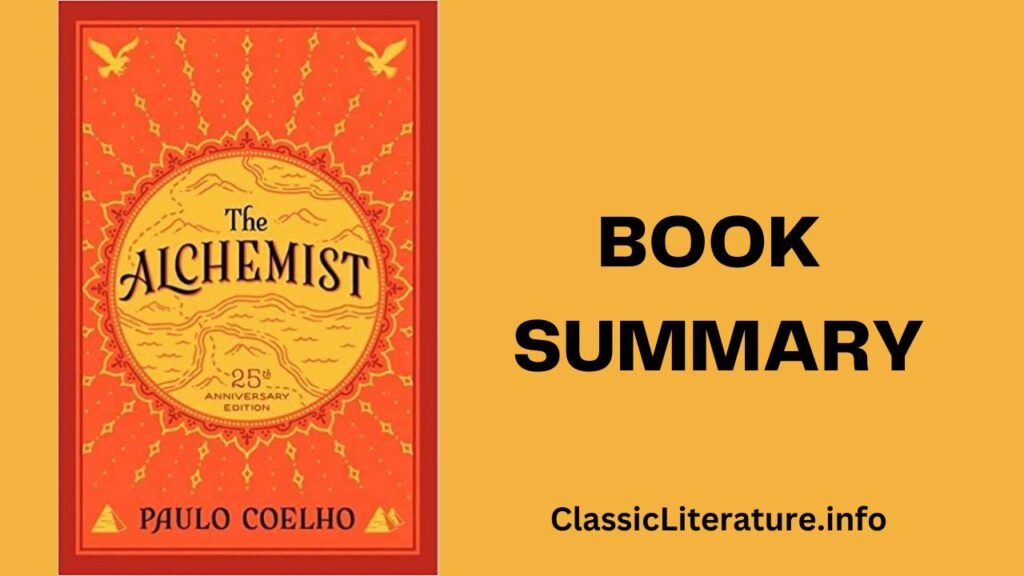
Book Summary: “The Divine Comedy” by Dante Alighieri
“The Divine Comedy” is an epic poem written by Dante Alighieri in the 14th century. It is considered one of the greatest literary works of all time and a cornerstone of Western literature. The poem takes the reader on an allegorical journey through the realms of the afterlife, guided by the poet himself.
The main plot follows Dante’s journey through Hell (Inferno), Purgatory (Purgatorio), and Heaven (Paradiso). The story begins with Dante finding himself lost in a dark forest, symbolizing his spiritual crisis and the state of sin. He is then guided by the poet Virgil through the nine circles of Hell, each representing a different sin and its corresponding punishment. Along the way, Dante encounters various historical and mythological figures, engaging in conversations that provide social and political commentary.
After completing his journey through Hell, Dante ascends Mount Purgatory, where souls undergo purification to rid themselves of their sins. Here, he meets souls who are undergoing penance, and his guide transitions from Virgil to Beatrice, his idealized love interest. Finally, Dante reaches the celestial realms of Heaven, where he experiences divine revelations and encounters saints, angels, and ultimately God.
“The Divine Comedy” is renowned for its vivid imagery, intricate symbolism, and philosophical exploration of morality, spirituality, and the human condition. It delves into themes such as redemption, divine justice, and the power of love. Through his journey, Dante offers a profound exploration of the complexities of the human soul and the consequences of one’s actions.
Notable Quotes from “The Divine Comedy”:
- “In the middle of the journey of our life, I found myself in a dark wood, for the straight path had been lost.”
- “The hottest places in hell are reserved for those who, in times of great moral crisis, maintain their neutrality.”
- “Consider your origin; you were not born to live like brutes, but to follow virtue and knowledge.”
- “The path to paradise begins in hell.”
Get Paperback or Kindle version of the book <–
Why “The Divine Comedy” Is a Must-Read:
“The Divine Comedy” is a must-read for several reasons. Firstly, it is a literary masterpiece that showcases Dante’s extraordinary poetic talent and his ability to blend theological, philosophical, and political concepts into a compelling narrative. The poem’s allegorical nature provides a multi-layered reading experience, allowing for various interpretations and deep reflection.
Additionally, “The Divine Comedy” offers profound insights into the human condition, exploring the depths of sin and the heights of redemption. It delves into moral dilemmas, existential questions, and the eternal struggle between good and evil. The poem’s enduring popularity stems from its universal themes, timeless relevance, and the beauty of its language.
Reader Reviews:
- “Dante’s ‘The Divine Comedy’ is a masterpiece that takes readers on a transformative journey through Hell, Purgatory, and Heaven. The vivid imagery, moral depth, and philosophical musings make it an unforgettable experience. It’s a must-read for those seeking profound insights into the human soul and the nature of existence.” – Sarah, Goodreads
- “I was enthralled by Dante’s epic poem. ‘The Divine Comedy’ is a poetic tour de force, filled with symbolism, allegory, and profound theological reflections. It’s a challenging read, but the reward is immense. It forces you to contemplate life’s most fundamental questions and confront your own beliefs and actions.” – John, Amazon
- “Dante’s poetic genius shines through in ‘The Divine Comedy.’ The vivid descriptions, intricate symbolism, and powerful characterizations create a deeply immersive experience. The poem’s exploration of human virtues and vices serves as a mirror for self-reflection. It’s a classic that resonates with readers across centuries.” – Emily, Barnes & Noble
- “Dante’s ‘The Divine Comedy’ is a magnum opus that combines art, theology, and philosophy into a profound and enlightening journey. It’s a timeless work that challenges readers to examine their own lives and contemplate the nature of sin, virtue, and redemption. It’s not an easy read, but its rewards are immeasurable.” – Michael, Goodreads
Overall Conclusion:
“The Divine Comedy” continues to captivate readers with its poetic brilliance, rich symbolism, and profound exploration of the human condition. While its complex themes and dense allegorical narrative may present challenges, those who are willing to delve into its depths are rewarded with an unforgettable journey through the realms of the afterlife. The poem’s universal themes of sin, redemption, and the pursuit of spiritual enlightenment make it relevant and engaging for readers of all backgrounds.
Author Information:
Dante Alighieri (1265-1321) was an Italian poet and philosopher. He is considered one of the greatest poets in Western literature and the father of the Italian language. Dante’s works, particularly “The Divine Comedy,” have had a profound influence on literature, art, and culture. His poetic legacy continues to inspire countless writers and artists. Dante’s contributions to the exploration of human nature, morality, and spirituality have cemented his place as a towering figure in world literature.



